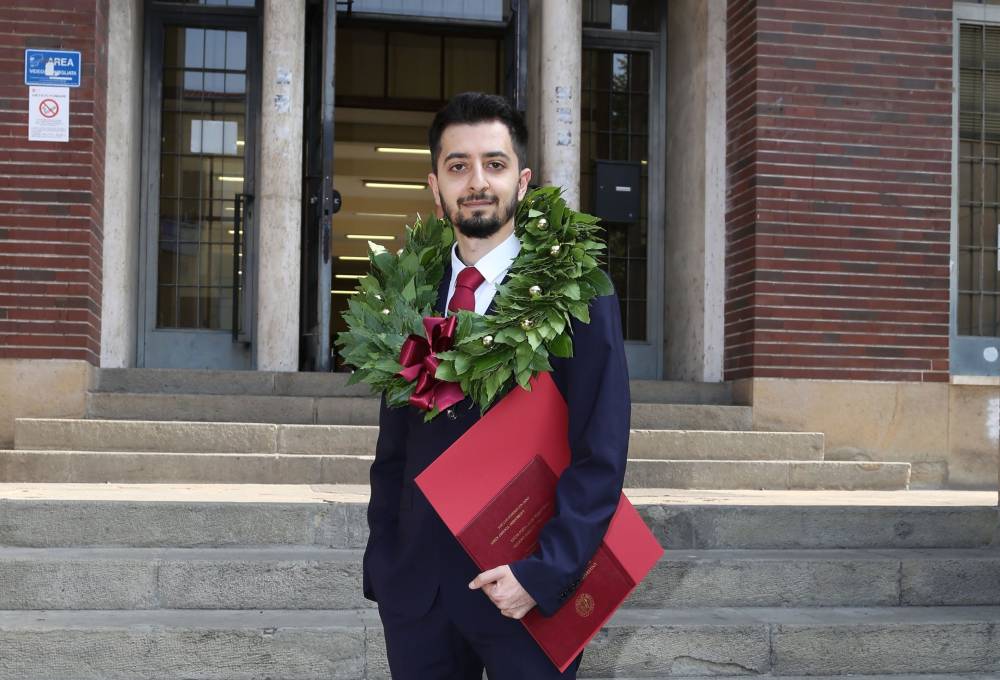Mr Youssef Kerdi

Contact
- Email: k2163578@kingston.ac.uk
- Location: Penrhyn Road
- Faculty: Faculty of Engineering, Computing and the Environment
- School: School of Life Sciences, Pharmacy and Chemistry
- Department: Department of Pharmacy
Research project: Polymerization Induced Self-Assembly (PISA) Routes to Nanomedicines
Abstract
PISA uses heterogeneous controlled/living radical polymerizations to produce high concentrations of nanoparticles of various morphologies. Bioactive nanoparticles applied as nanomedicines have several therapeutic advantages over small molecule drugs:
1. large surface area for improved biocompatibility
2. enhanced cell permeability
3. drug encapsulation opportunities
4. activation of therapy (prodrug) in response to specific physiological condition
This project aims to prepare new nanomedicines using PISA for the treatment of diabetes, cancer and anti-microbial diseases.
- Research degree: PhD
- Title of project: Polymerization Induced Self-Assembly (PISA) Routes to Nanomedicines
- Research supervisor: Professor Fawaz Aldabbagh
- Other research supervisor: Professor Declan Naughton
Biography
I earned my Master's Degree in Pharmacy at the University of Padua in 2018. I conducted my research thesis at the Institute of Biomolecular Chemistry, Padua, where I developed analytical and problem solving skills within an interdisciplinary environment and working with a dynamic team. The focus of my research was to synthesize and characterize a Bombesin peptide analogue for selective targeting of GRP receptors overexpressed by cancer cells under the supervision of Prof. Ruzza and Prof. Zagotto.
After my academic studies, I held the position of Medical Scientific Advisor, firstly in Menarini and later in Pfizer, two leading pharmaceutical companies. These experiences allowed me to use and then develop my scientific knowledge, to always be up to date with the latest clinical trials and scientific findings. Furthermore, they gave me the possibility to develop key skills such as organizational and communication skills.
Areas of research interest
- Medicinal Chemistry
- Pharmacy
- Polymer Chemistry
- Organic Chemistry
- Cancer Biology
Qualifications
- Master's Degree in Pharmacy
